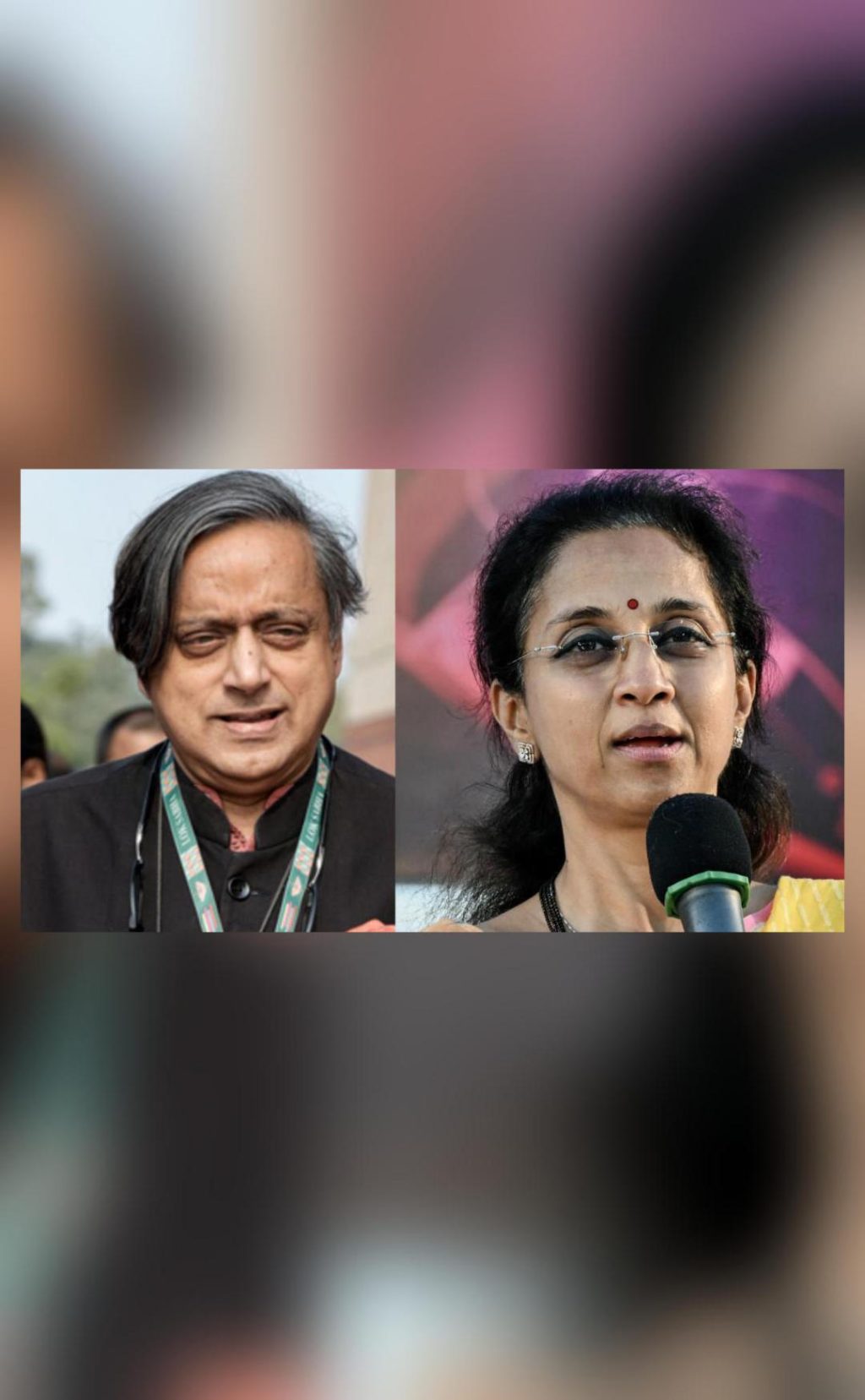
Tharoor, Sule & others to head govt’s global delegations after Operation Sindoor
In a significant development, the Indian government has announced a list of leaders who will head its global delegations to key partner nations, in the aftermath of Operation Sindoor. The operation, a military strike against terror camps in Pakistan, has sent a strong message of zero-tolerance against terrorism to the world. The government has chosen a diverse group of leaders, representing various political parties, to lead the delegations and carry India’s message to the global community.
Among the leaders chosen for this important task are Congress MP Shashi Tharoor, NCP-SP MP Supriya Sule, Shiv Sena’s Shrikant Shinde, DMK’s Kanimozhi, BJP’s Baijayant Panda and RS Prasad, and JDU’s Sanjay Jha. This list is a testament to the government’s commitment to working together with all political parties to combat terrorism and promote regional stability.
Shashi Tharoor, a seasoned diplomat and parliamentarian, is known for his expertise in international relations and his ability to build bridges with foreign leaders. As a member of the Indian Parliament, he has been a vocal advocate for India’s interests in the global arena. His leadership of the delegation to key partner nations will undoubtedly be instrumental in conveying India’s strong stance against terrorism to the world.
Supriya Sule, an MP from the Nationalist Congress Party (NCP) and the Samajwadi Party (SP), is another prominent leader who will be heading a government delegation. As a member of the Committee on External Affairs, she has been actively engaged in matters related to India’s foreign policy. Her participation in the delegation will ensure that the views and concerns of the opposition parties are represented in the government’s efforts to combat terrorism.
Shrikant Shinde, an MP from the Shiv Sena, is a first-time parliamentarian who has quickly made a name for himself as a vocal advocate for India’s interests. His participation in the delegation will bring a fresh perspective to the government’s efforts to promote regional stability and combat terrorism.
Kanimozhi, an MP from the Dravida Munnetra Kazhagam (DMK), is a well-known face in Indian politics, particularly in the southern state of Tamil Nadu. As a member of the Committee on Human Resource Development, she has been actively engaged in matters related to education and social welfare. Her participation in the delegation will ensure that the concerns of the southern states are represented in the government’s efforts to combat terrorism.
Baijayant Panda, an MP from the Bharatiya Janata Party (BJP), is a seasoned parliamentarian with extensive experience in international relations. As a member of the Committee on External Affairs, he has been actively engaged in matters related to India’s foreign policy. His participation in the delegation will bring a wealth of experience and expertise to the government’s efforts to combat terrorism.
RS Prasad, another MP from the BJP, is a first-time parliamentarian who has quickly made a name for himself as a vocal advocate for India’s interests. His participation in the delegation will bring a fresh perspective to the government’s efforts to promote regional stability and combat terrorism.
Sanjay Jha, an MP from the Janata Dal (United), is a seasoned parliamentarian with extensive experience in international relations. As a member of the Committee on External Affairs, he has been actively engaged in matters related to India’s foreign policy. His participation in the delegation will ensure that the views and concerns of the opposition parties are represented in the government’s efforts to combat terrorism.
The government’s decision to choose leaders from various political parties to head its global delegations is a significant departure from the traditional approach of relying solely on government officials to represent India’s interests abroad. This move is a testament to the government’s commitment to working together with all political parties to combat terrorism and promote regional stability.
The Operation Sindoor, which was carried out in the aftermath of the recent terrorist attacks in India, has sent a strong message of zero-tolerance against terrorism to the world. The government’s decision to choose leaders from various political parties to head its global delegations is a significant step forward in conveying this message to the global community.
In conclusion, the government’s choice of leaders to head its global delegations is a significant development in India’s efforts to combat terrorism and promote regional stability. The participation of leaders from various political parties will ensure that the views and concerns of all stakeholders are represented in the government’s efforts to combat terrorism. As India continues to play a major role in regional and global affairs, it is essential that the government works together with all political parties to promote India’s interests and protect its citizens from the scourge of terrorism.
News Source: https://x.com/ANI/status/1923590403321692213






